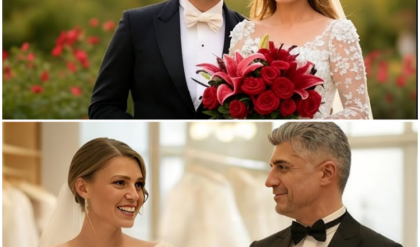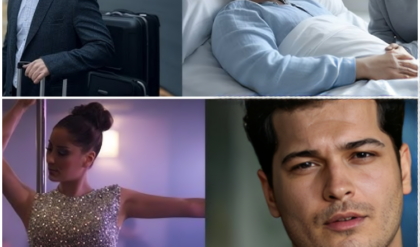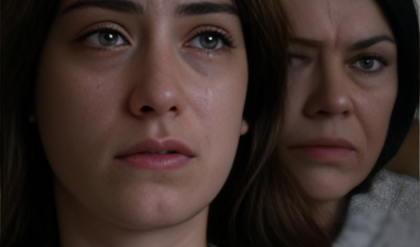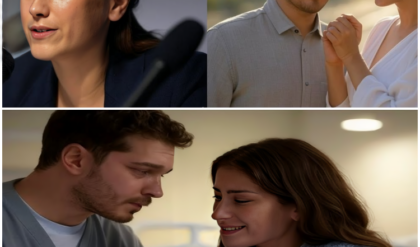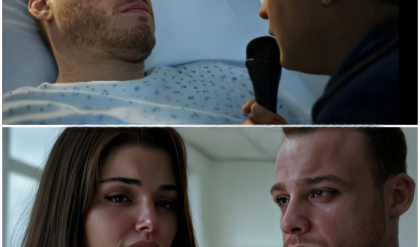Prince Harry has risked a new round of conflict with Prince William over an interview in which Harry stated that Princess Diana was not “paranoid.”
The Duke of Sussex has been suing the British press over allegations of phone hacking, and he gave an interview to ITV in a new documentary about the cases.
Harry was responding to a question from journalist Rebecca Barry, but his remark will likely be taken in the context of a past statement by Prince William suggesting their mother was paranoid.
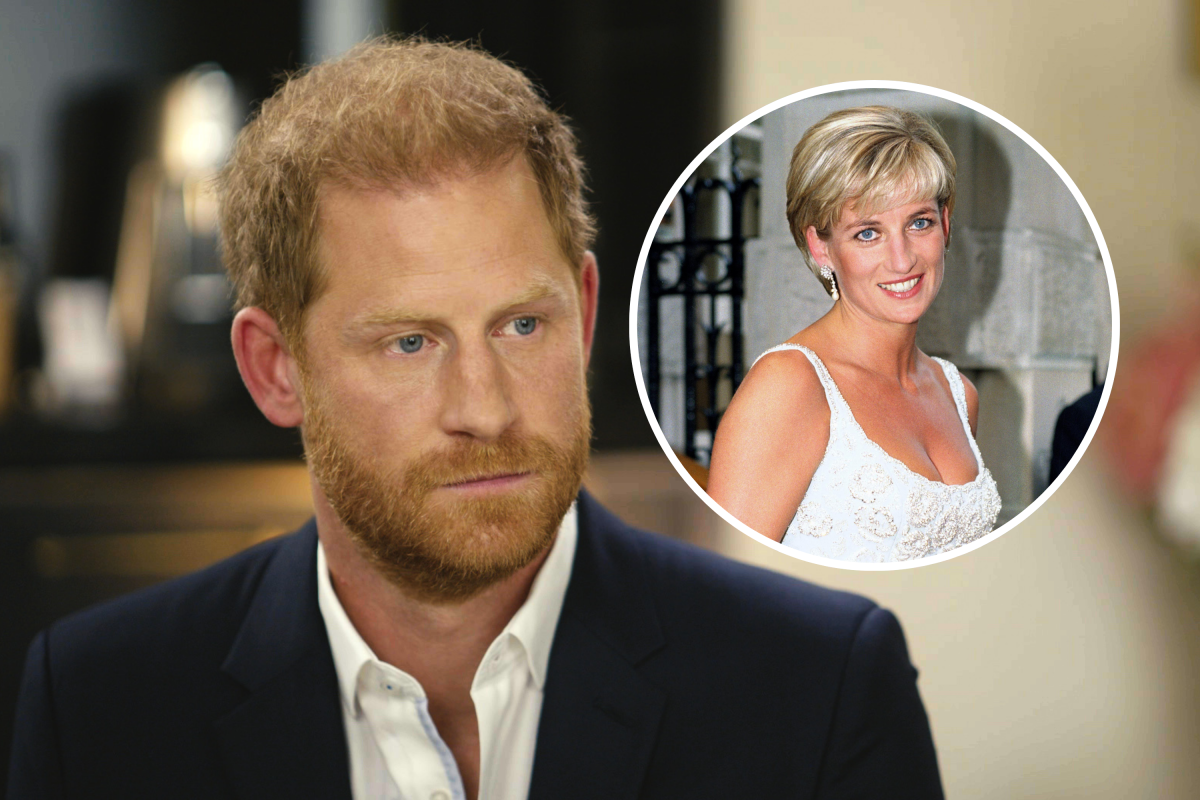
What Prince Harry Said About Princess Diana and Paranoia
Barry said that “other victims of hacking that I’ve spoken to have described the paranoia that it creates, do you identify with that?”
Harry told the documentary, Tabloids on Trial: “I think paranoia is a very interesting word because, yes, then it could be paranoia, but then when you’re vindicated it proves that you weren’t being paranoid.
Begin your day with a curated outlook of top news around the world and why it matters.
By clicking on SIGN ME UP, you agree to Newsweek’s Terms of Use & Privacy Policy.
“Same with my mother. There’s evidence to suggest she was being hacked in the mid-90s. Probably one of the first people to be hacked.”
“And yet still today the press, the tabloid press, very much enjoy painting her as being paranoid but she wasn’t paranoid,” he continued. “She was absolutely right of what was happening to her. And she’s not around today to find out the truth.”
Asked whether Diana motivated him, he replied: “Yeah, there’s all sorts of things that motivate me.”
Prince Harry has never succeeded in proving Diana was hacked, despite bringing claims to that effect in his lawsuits against British tabloids.
Allegations that Mirror Group Newspapers hacked her phone were dismissed by the judge, despite him winning in relation to other aspects of the case against the company in 2023.
What Prince William Said About Princess Diana and Paranoia
The Prince of Wales spoke out about his mother’s mental health in May 2021 after a BBC internal investigation found she had been tricked into giving her bombshell 1995 interview to journalist Martin Bashir using falsified financial papers that implied her staff were in the pay of the media and intelligence services.
“It is my view that the deceitful way the interview was obtained substantially influenced what my mother said,” William said. “The interview was a major contribution to making my parents’ relationship worse and has since hurt countless others.
“It brings indescribable sadness to know that the BBC’s failures contributed significantly to her fear, paranoia and isolation that I remember from those final years with her.
“But what saddens me most, is that if the BBC had properly investigated the complaints and concerns first raised in 1995, my mother would have known that she had been deceived.
“She was failed not just by a rogue reporter, but by leaders at the BBC who looked the other way rather than asking the tough questions.
“It is my firm view that this Panorama programme holds no legitimacy and should never be aired again. It effectively established a false narrative, which for over a quarter of a century, has been commercialised by the BBC and others.”
Analysis
Princess Diana at points discussed the possibility she would be assassinated in a car crash, though her lawyer expressed some scepticism about whether she truly believed it. She complained of her brakes failing and her fears were investigated after her death by the Metropolitan Police through its Operation Paget inquiry, which found no evidence of foul play.
The report, though, described how her lawyer, Lord Mishcon, had told detectives that “the Princess of Wales had told him, that ‘reliable sources’ (whom she did not wish to name) had informed her that by April 1996, whether in an accident in her car such as a pre-prepared brake failure or by other means, efforts would be made if not to get rid of her, then at least to see that she was so injured or damaged as to be declared unbalanced.
“The Princess of Wales apparently believed that there was a conspiracy and that both
she and Camilla Parker Bowles were to be ‘put aside.'”
The difference between Harry and William’s characterizations of Diana may partly be one of emphasis, with William choosing to focus on the fact Bashir wrongly told Diana sinister forces were plotting against her and the prince at least thinks she believed him.
Harry, however, appears to effectively be defending Diana’s mental health, seemingly arguing she was right that someone was plotting against her—the tabloids—even if some of her specific theories were ultimately wide of the mark.
There is a substantial difference between experiencing paranoid delusions about the world that are concocted purely by an overactive imagination on the one hand, and on the other being subject to a real life secret plot the exact details of which Diana may have misidentified due to being fed misinformation.
After all, Diana was not alone. Queen Elizabeth II also thought “someone must have greased the brakes” after hearing about the car crash that killed the princess in 1997, according to Andrew Morton’s biography Queen.
